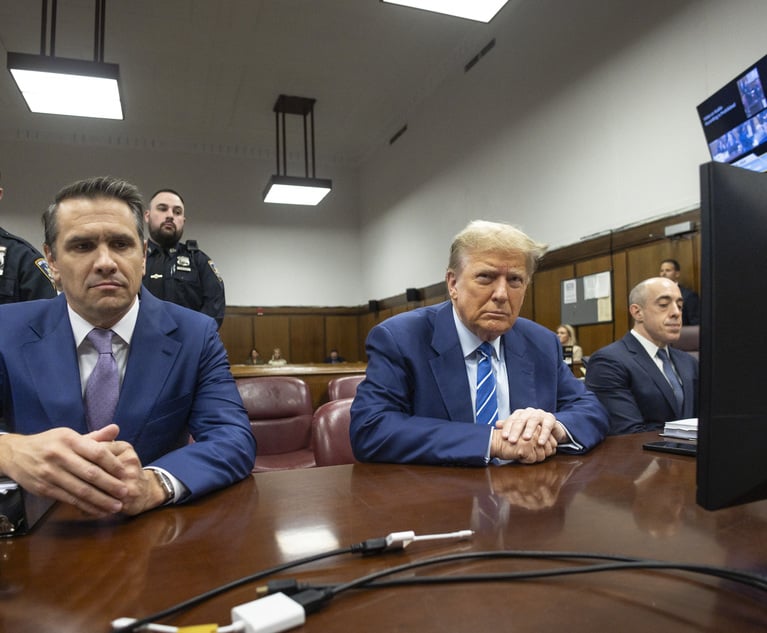Sexual harassment in the workplace has traditionally been a matter for civil enforcement, through actions brought by private plaintiffs or by governmental agencies such as the Equal Employment Opportunity Commission or state or city Commissions on Human Rights. But when the harassing conduct potentially violates criminal laws, employers need to consider that the matter may involve other agencies and implicate the criminal law and process.
Indeed, top law enforcement officials have recently demonstrated their intent to scrutinize, and criminally prosecute, workplace sex-related crimes. On Jan. 25, 2018, Manhattan District Attorney Cyrus R. Vance Jr. announced the formation in his office of a new “first-of-its-kind” task force—dubbed the Work-Related Sexual Violence Team—led by an experienced sex-crimes prosecutor. In doing so, Vance stated that it is not enough for perpetrators of criminal sexual misconduct to lose their jobs or reputation, and encouraged anyone who becomes aware of potentially criminal sexual misconduct, including Human Resources employees and company executives, to report such conduct to police.


 Credit: bdstudio/Shutterstock.com
Credit: bdstudio/Shutterstock.com




